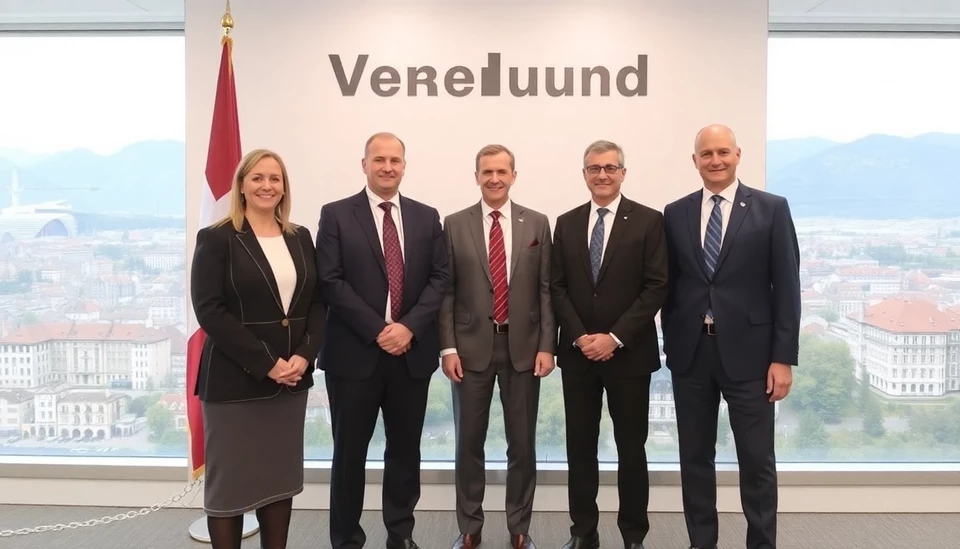
In a bold move to combat the ongoing economic difficulties facing Austria, energy giant Verbund has proposed a comprehensive strategy valued at a staggering $103 billion. The plan aims to rejuvenate the Austrian economy, which has been grappling with a myriad of challenges stemming from rising energy costs, inflation, and increasing competition in the European energy market.
Verbund's proposal is not merely financial; it embodies a vision for sustainable growth and a commitment to transition Austria towards a greener energy future. The initiative stands as a significant commitment to accelerate investments in renewable energy sources and modern infrastructure, thereby addressing both economic issues and the urgent need for energy transition in the face of climate change.
The key components of the strategy include substantial investments in solar and wind energy, modernization of existing facilities, and the development of new infrastructure to enable energy efficiency and stability. This forward-thinking strategy is seen as a vital step in reducing Austria's dependency on fossil fuels, promoting environmental sustainability, and ultimately fostering economic resilience.
Verbund’s proposal has generated considerable attention in political circles, with government officials expressing cautious optimism regarding its potential impact. The government has been under increasing pressure to find viable solutions to clear the obstacles hindering economic growth and to ensure energy security for its population.
This transformative initiative aims not only to stabilize the economy but to elevate Austria’s position within the European energy sector by creating jobs, boosting innovation, and establishing a more diversified energy portfolio. Experts also highlight the necessity for strong governmental support, indicating that collaboration between public and private sectors is essential for achieving the ambitious goals set forth in Verbund's roadmap.
As the plan progresses, it remains to be seen how international market conditions, regulatory changes, and domestic political climate will evolve, potentially influencing the successful implementation of Verbund's $103 billion strategy. The anticipation surrounding this proposal reflects a broader narrative of transformation and resilience in Austria's approach to overcoming its economic malaise.
The outcome of this initiative could set a precedent for other nations facing similar difficulties, projecting Austria into a position of leadership in the energy transition discourse across Europe.
As Verbund prepares to roll out this massive plan, stakeholders from various sectors will be keeping a close eye on its development, hoping for successful outcomes that could inspire similar actions worldwide in the quest for sustainable growth amid challenging economic landscapes.
#Verbund #AustriaEconomy #EnergyTransition #SustainableGrowth #RenewableEnergy #EconomicStrategy #GreenEnergy #JobCreation
Author: Megan Clarke




